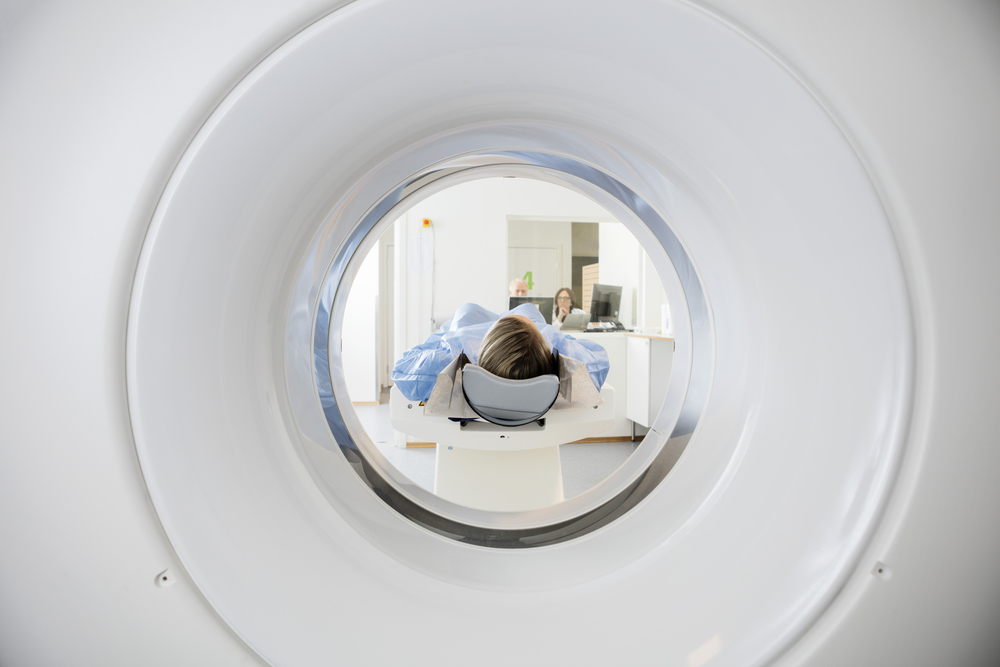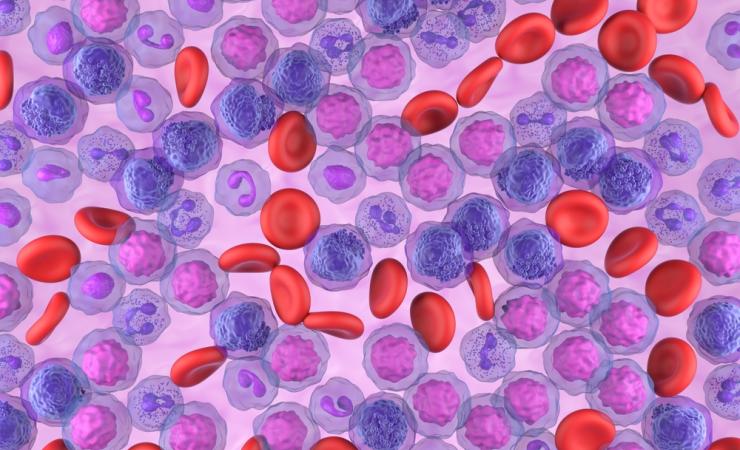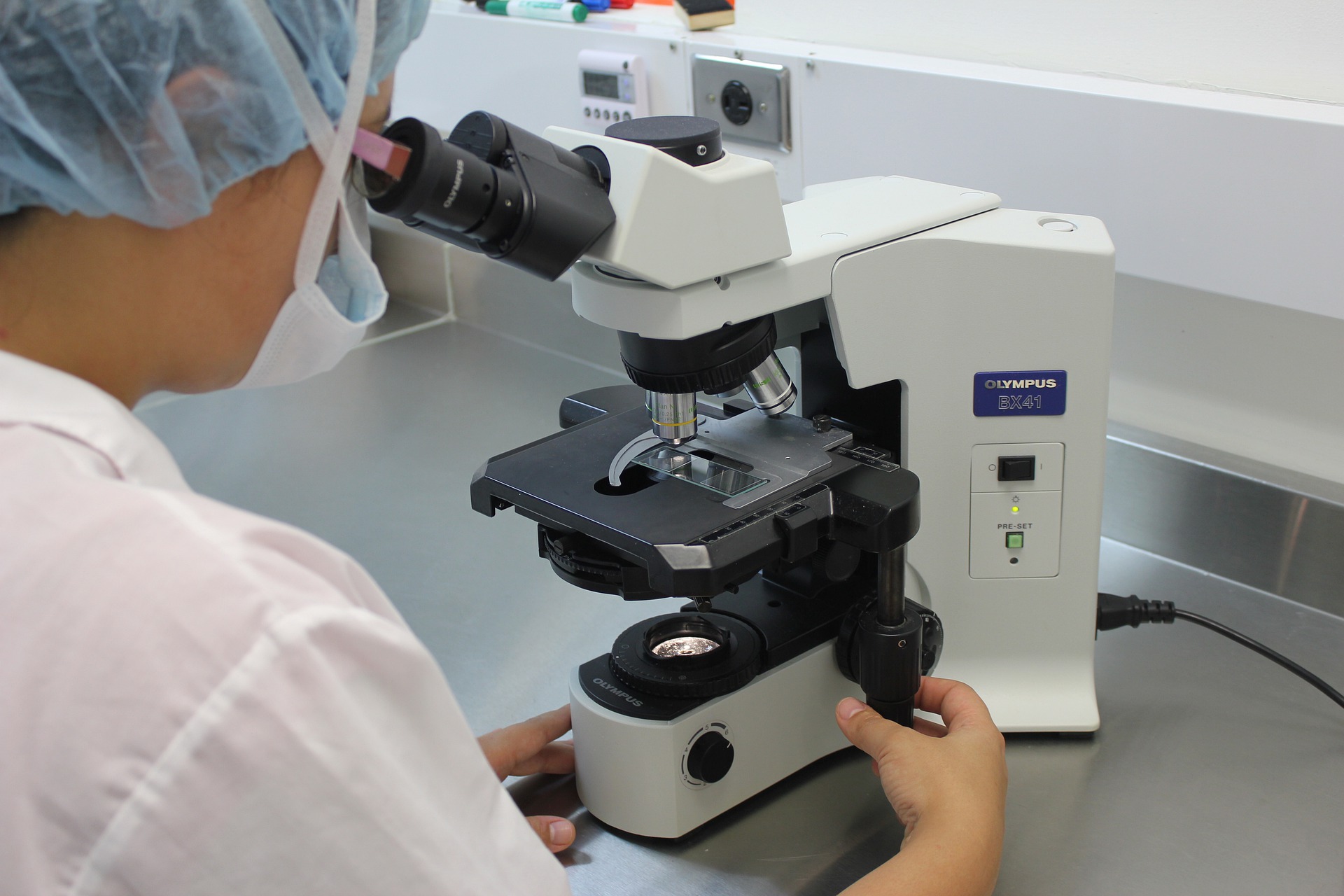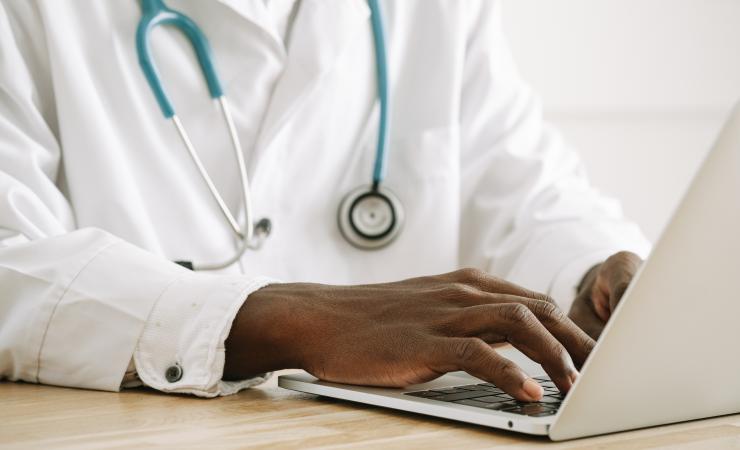What's the problem?
Medical researchers and healthcare systems generate vast amounts of data every single day. If linked up, standardised and harnessed, it could revolutionise medicines development and healthcare. Advances in artificial intelligence could help to find patterns and sort this data. However, most big data remains in silos, inaccessible to most researchers, its potential untapped. Meanwhile digital technologies and wearable devices offer new and more efficient ways of gathering data, but question marks remain about how to address issues like patient privacy and how these devices fit in with patients’ lives.
What are we doing about it?
The Innovative Medicines Initiative (IMI) has had big data projects since its creation, and the Innovative Health Initiative (IHI) will continue to focus on the possibilities of big data. The public-private aspect of IHI and IMI means that data from within public and private databases can be shared to create massive data lakes. Using new artificial intelligence tools and blockchain, it has become even easier to sort through these vast amounts of data in a safe and secure way and identify new patterns that can reveal insights to better treat diseases.
IHI / IMI research is...
| ...utilising AI tools to sort through big data and find patterns, uncovering new insights | The HARMONY project has developed one of the largest databases of its kind, the HARMONY Big Data Platform, where 100 000 patient datasets will be mined for insights into blood cancers. IDERHA is also building an extensive dataset which AI will mine through, searching for patterns that could help researchers better identify early signs of lung cancer. The UroEvidenceHub, which OPTIMA, PIONEER and EHDEN contribute to, will develop new guidelines and treatment recommendations for patients with urological conditions using AI. | ||
| ...hunting for biomarkers | The European Platform for Neurodegenerative Diseases Cohort Catalogue is searching for biomarkers that could predict who will develop Alzheimer’s and other neurodegenerative diseases, while the BIOMAP sifted through huge databases of psoriasis patient data, unearthing potential biomarkers and discovering the existence of so-called “bridge genes” - a group of genes that form connections between genes that are known to be associated with psoriasis, which could have as-yet-unknown implications for treating this disease. | ||
| ...cutting down on the time it takes to carry out clinical trials | EHR4CR's software helps clinical trial managers make sure they can recruit enough patients for their studies, while Pharmaledger matches the right patients to the right trials. EU-PEARL tested out trials that share a control group while testing multiple drugs from different companies at the same time, and Trials@Home is piloting trials that run remotely, making it easier on participants and generating more and better data. | ||
| … showing how real-world electronic data records can be used to make quick, evidence-based decisions |
|
||
| ...finding out what aspect of their condition patients care most about |
|
||
| …using personal devices, apps and motion sensors to bring clinical trials home |
|




